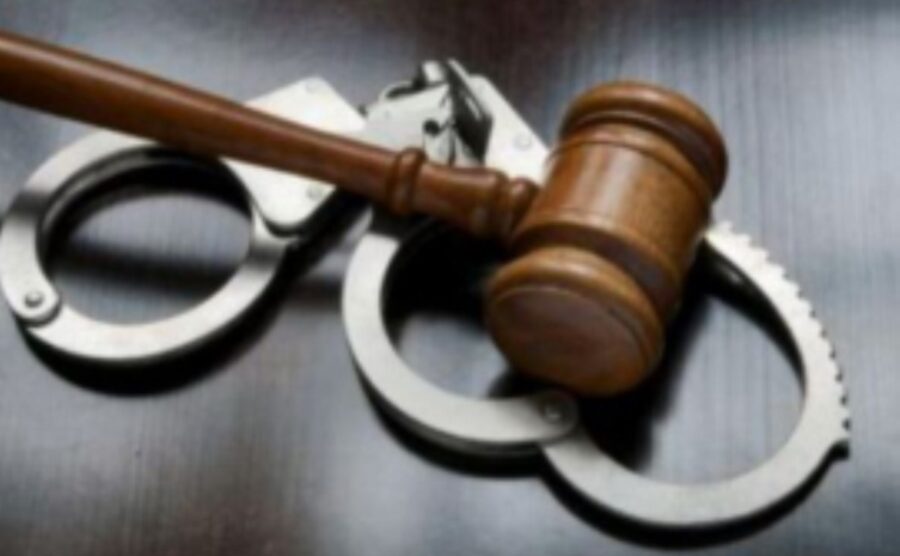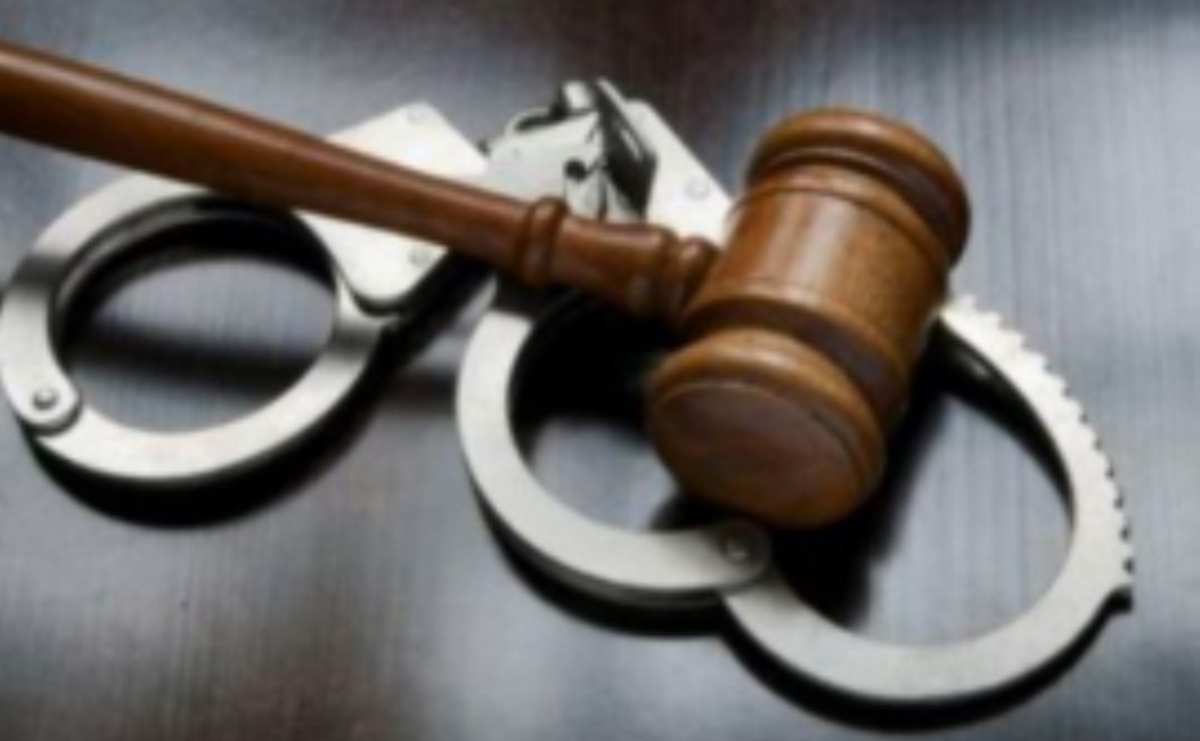
Arrested in South Africa? Here’s what to do
Being arrested can be a confusing, scary experience that most people might think would never happen to them. Arrests can happen on suspicion of a crime, but sometimes might also be wrongfully conducted. Here’s what to do if you’ve just been arrested in South Africa, from the arrest to the booking process. ALSO READ: The […]

Being arrested can be a confusing, scary experience that most people might think would never happen to them. Arrests can happen on suspicion of a crime, but sometimes might also be wrongfully conducted.
Here’s what to do if you’ve just been arrested in South Africa, from the arrest to the booking process.
ALSO READ: The 16 Caribbean countries South Africans can visit visa-free
THE ARREST
An arrest has to be made by a member of the South African Police Service (SAPS).
Citizens have the right to ask officers for their identification, including their name and rank.
Arrests can be made on suspicion that a crime has been committed, when executing an arrest warrant, or when a charge has been laid at astation’s charge office.
• Ask for the name(s) of the officers who are present.
• Do not confirm or deny any statements; it is your right to remain silent.
• Do not resist arrest.
Officers may search a suspect while in the presence of another officer, and confiscate any weapons or contraband.
After an arrest, the suspect is accompanied to the nearest police station.
ALSO READ: South Africa’s Road Rage problem and what to do
THE CHARGE
An arrested suspect is usually taken to the charge office first, where officers will complete the necessary paperwork. Suspects are informed of their rights, which include the right to remain silent and the right to ask for a lawyer.
If you are a suspect, you must be issued with a charge sheet that lists the offense(s) you are being arrested for. The charge sheet must be read, understood, and signed.
Suspects are also provided with a list of their possessions, including everything that was found to be on them at the time of their arrest. These possessions are booked into the station’s holding area.
A suspect may be kept in temporary holding cells, though must appear before court within 48 hours of their arrest (or the following Monday).
Certain minor offenses allow for suspects to be granted “police bail” at the station’s discretion, releasing the suspect until the date of their court appearance.
For other offenses, a suspect can pay an “admission of guilt” fine, which can automatically add the incident to your criminal record.
ALSO READ: Struggling with SASSA? Here’s How to Understand the SASSA System
THE BOOKING
After being informed of the charges, an arrested suspect will be booked for the cells. Booking involves paperwork that identifies the suspect and their information, and includes fingerprinting and photo identification of the suspect.
A suspect must be fully aware of their rights and surroundings at all times. If you are unsure about something in the arrest or booking process, it is your right to ask for a station commander or higher authority.
At any point, according to the suspect’s rights, they are allowed to request legal representation from a lawyer of their choice or a state-appointed attorney.
After the booking process, a suspect is accompanied to the cells and must be brought before court for a fair case.
ALSO READ: Where to check South African qualifications and degrees when in doubt
